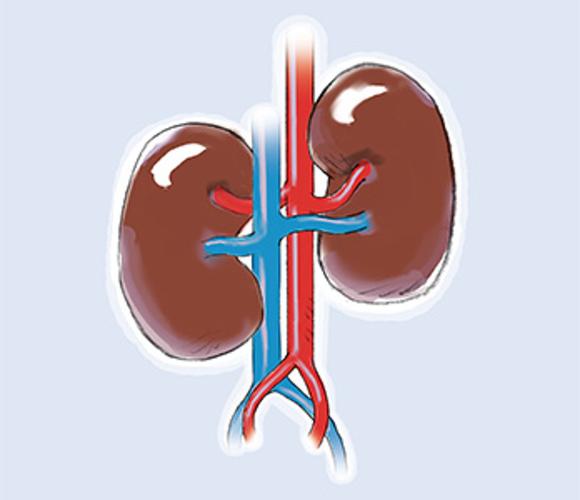Have you ever stood in the store, staring at shelves full of vitamins, wondering the difference between them? Check below and find the mystery.
The Importance of Vitamins
Vitamins are essential nutrients that our bodies need to function properly. They are involved in various physiological processes, such as metabolism, growth, and repair. In Anglo countries, there is a growing awareness of the importance of taking vitamin supplements to ensure optimal health.
For example, vitamin D is crucial for bone health and immune function, especially in regions where sunlight exposure is limited. Vitamin C is known for its antioxidant properties and its role in supporting the immune system. And vitamins B complex are important for energy production and nervous system function.
Price Variations
When it comes to vitamins, the price can vary significantly. Some vitamins can be very expensive, while others are relatively cheap. But what accounts for this price difference?
One factor is the brand. Well-known brands often charge a premium for their products, partly due to marketing and advertising costs. Another factor is the form of the vitamin. Some vitamins are available in more expensive forms, such as chelated or liposomal, which are claimed to be more easily absorbed by the body.
Quality and Purity
One might assume that expensive vitamins are of higher quality and purity than cheap ones. While this can sometimes be the case, it’s not always true.
Expensive vitamins may undergo more rigorous testing for quality and purity. They may also be sourced from higher-quality ingredients. However, many cheaper vitamins also meet strict quality standards and are just as effective.
In the United States and the United Kingdom, there are regulatory bodies that oversee the quality and safety of vitamin supplements. These bodies ensure that all vitamins on the market meet certain standards for purity, potency, and labeling.
Absorption and Bioavailability
Another consideration is the absorption and bioavailability of the vitamins. Some expensive vitamins are formulated to be more easily absorbed by the body, which means that you may get more benefit from them.
For example, some vitamins are encapsulated in liposomes, which are tiny fat bubbles that can enhance absorption. Others are chelated, which means they are bound to an amino acid or other molecule to improve absorption.
However, it’s important to note that the body’s ability to absorb vitamins also depends on many other factors, such as diet, lifestyle, and individual health conditions.
Value for Money
So, which is better – expensive vitamins or cheap ones? The answer depends on your individual needs and budget.
If you’re looking for a high-quality vitamin supplement that is formulated for optimal absorption and bioavailability, you may be willing to pay more. However, if you’re on a tight budget, there are many affordable vitamin options that can still provide the nutrients you need.
It’s also important to consider the value for money. Some expensive vitamins may not be worth the price if they don’t offer any significant advantages over cheaper alternatives.
In conclusion, the difference between expensive and cheap vitamins is not always clear-cut. While there can be differences in quality, purity, absorption, and bioavailability, it’s important to do your research and choose a vitamin supplement that meets your specific needs and budget. Whether you opt for an expensive brand or a cheaper alternative, make sure to choose a product that is from a reputable source and meets regulatory standards. After all, your health is worth investing in, but you don’t have to break the bank to do so.
Read more>>




